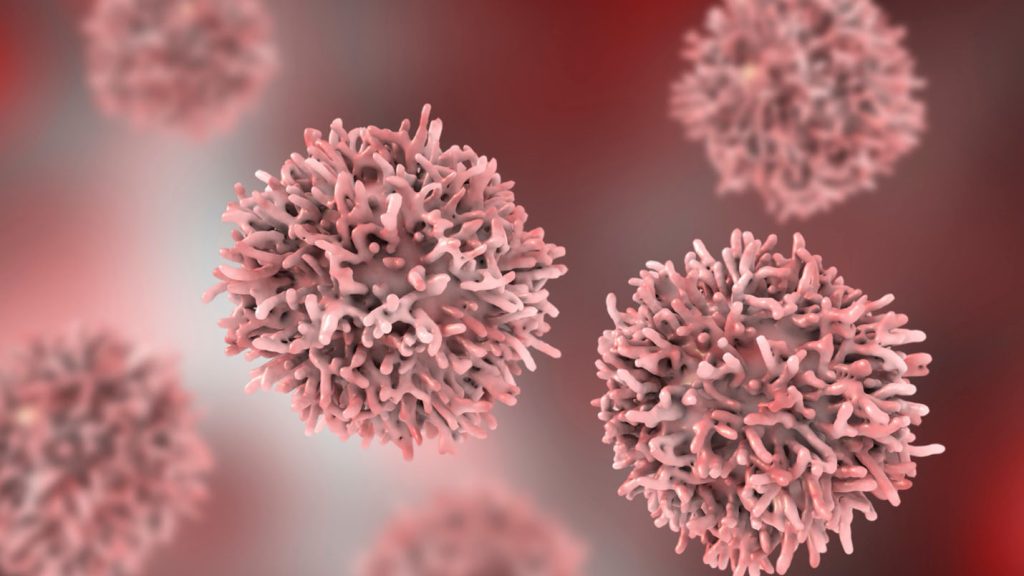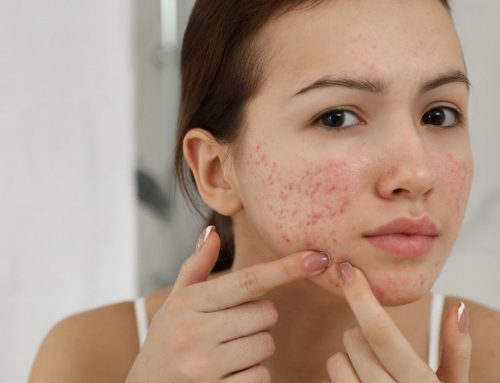In recent years, the vegan diet has moved from fringe to forefront in many health and wellness conversations worldwide. This plant-based eating approach excludes inflammatory animal products, and featuring a bounty of potatoes, corn, rice, pasta, vegetables, legumes, seeds, fruit and nuts. Numerous studies have highlighted the myriad health benefits associated with this diet, ranging from reduced risk of chronic diseases to reaching one’s ideal weight to improving skin. Here’s why it’s the healthiest diet on the planet:
- The Heart Loves Hi Fiber, Low Fat Food
One of the most compelling benefits of a vegan diet is its improvement to cardiovascular health. A large body of research, including studies published in The American Journal of Clinical Nutrition, has shown that vegan diets can significantly lower the risk of clogged arteries that lead to heart disease. This is largely due to the diet’s emphasis on fiber and antioxidants with less fat. This means whole grains, nuts, fruits, and vegetables—foods rich in soluble fiber, antioxidants, and phytonutrients that help reduce blood pressure and don’t add to higher cholesterol levels. For example, a study by Kim et al. (2019) found that those adhering to plant-based diets had a substantially lower risk of developing heart disease.
- Reaching Your Ideal Weight
Many people turn to a plant-based whole foods vegan diet for weight loss for good reason. Plant-based whole foods diets are lower in calories and fat than diets containing meat and dairy. They also contain a high amount of dietary fiber, which not only keeps us feeling full longer but also improves our digestive processes. Research in the Journal of General Internal Medicine reviewed several studies and concluded that plant-based whole foods vegan diets were more effective for weight loss than omnivorous, semi-vegetarian, and pesco-vegetarian diets.
- Get Off The Road to Type 2 Diabetes
The vegan diet’s high fiber content, low fat, and low glycemic index help improve insulin’s ability to manage blood sugar levels. This can significantly reduce your risk of developing type 2 diabetes. A study by Tonstad et al. (2013) published in Nutrition, Metabolism, and Cardiovascular Diseases showed that vegans had a lower risk of diabetes compared to non-vegans, largely due to better weight management, lower fat in the diet and nutrient intake.
- Studies Show A Lower Cancer Risk
Diet plays a crucial role in cancer risk, and a plant-based whole foods vegan diet could help lower the risk of various types of cancer. According to a report by the World Health Organization, processed meats are carcinogenic, and red meats are carcinogenic. By eliminating these from your diet, you decrease your exposure to the carcinogens they contain. Moreover, the high levels of phytochemicals found in fruits and vegetables offer protective effects. A systematic review in Nutrients journal suggested that a higher intake of certain plant-based foods like cabbage and broccoli could reduce cancer risk by 10-12%. Often the first thing a cancer patient is advised is to switch to a plant-based whole foods diet. The Gerson Institute and the Hippocrates Institute both put patients on a vegan diet as a requirement for treatment.
- Less Bloat, Less Constipation
The high fiber content in a vegan diet not only helps with weight management but also improves gut health. Fiber aids in digestion and helps maintain healthy gut flora, reducing the risk of gastrointestinal issues such as constipation, hemorrhoids, and diverticular disease. A healthy gut leads to a healthy everything else! When the digestion is flowing, the skin is glowing.
If you need help transitioning to a plant-based diet, try our 14-Day Gut + Skin Reset Kit! This specially formulated kit is designed to nourish your gut and, by extension, your bones, joints, hair and skin. It’s packed with the goodness of plant protein, calcium, magnesium, fiber, stomach soothers and 72 trace minerals. Boon Broth helps reset your digestive system, helping to reduce inflammation and enhancing skin health. Boon Collagen Reviver helps boosts your body’s own production of collagen – smoothing fine lines and wrinkles and giving you a glow like never before.
Not only that, but you get a complete guide to eating plant-based and 14 days’ worth of healthy and delicious recipes! Check out the resets here.
References:
- Kim, H., Caulfield, L. E., Rebholz, C. M. (2019). Plant‐Based Diets and Cardiovascular Disease: A Review. Journal of the American Heart Association.
- Tonstad, S., Butler, T., Yan, R., Fraser, G. E. (2013). Type of vegetarian diet, body weight, and prevalence of type 2 diabetes. Nutrition, Metabolism, and Cardiovascular Diseases.
- World Health Organization. (2015). Q&A on the carcinogenicity of the consumption of red meat and processed meat.












Problem is, having been 99% vegetarian & maybe 85% vegan for decades, I’m now reading that significantly more vegans and vegetarians than meat-eaters suffer fractures from Osteoporosis because of not enough protein (specifically from meat) in their diets to build bones. So, having severe Osteoporosis myself, I feel like I’m between a rock and a hard spot.
Hi Ruth, That information about dairy and fractures was debunked so don’t feel bad. https://www.snopes.com/fact-check/vegans-vegetarians-broken-bones/ and https://www.youtube.com/watch?v=lwZsoxu_CnM–Dr. Garth Davis responds to study on vegans and bone fractures. You need to do your weight training and don’t worry so much about it. Okay? Sally